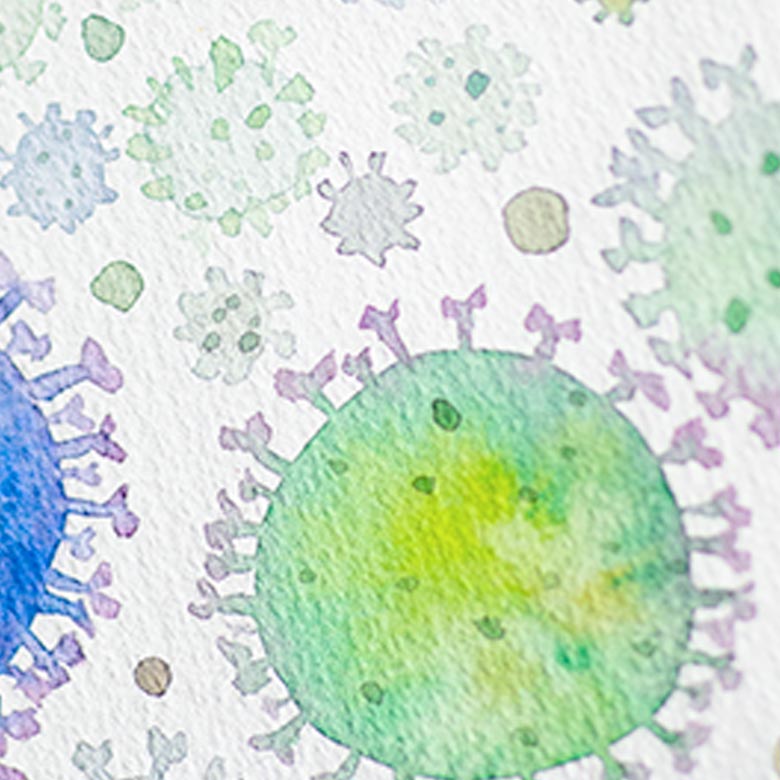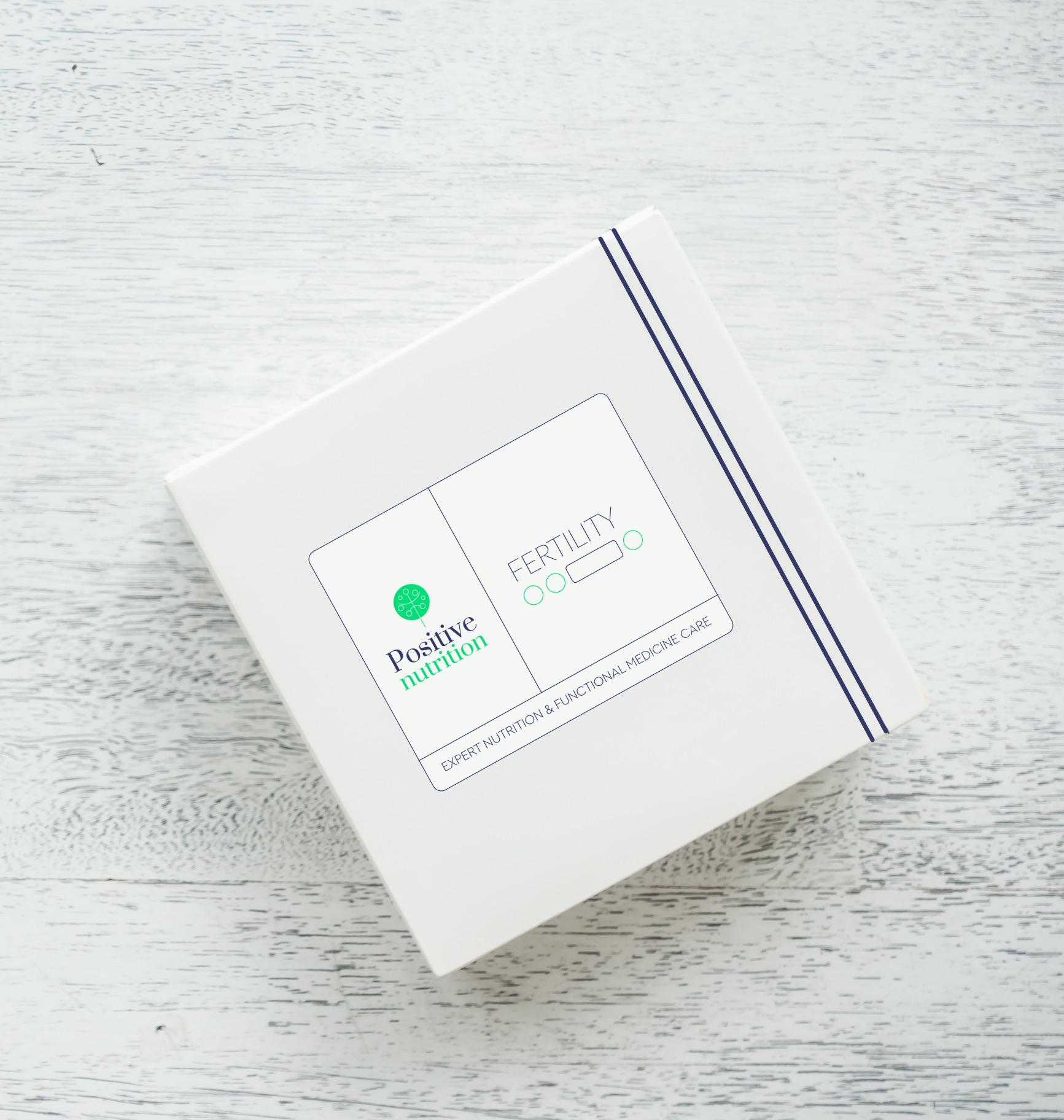AMH Ovarian Reserve Test


AMH Ovarian Reserve Test
€52.00
Anti-Mullerian hormone (AMH) is a hormone produced by the ovaries and is related to the number of eggs. Women are born with all the eggs they will every produce, and this test can indicate how many are remaining. It does not indicate the quality of these eggs.
Who can benefit from this test?
Your nutritionist may recommend this test if you have:
- Plans to conceive and would like to optimize your fertility for a successful and healthy pregnancy
- Concerns about future fertility and ageing
- Difficulties conceiving or anyone undergoing assisted reproduction or IVF/ ICSI

Learn More about our AMH Ovarian Reserve Test
Blood test (phlebotomy) or finger prick test (at home)
This test can help to inform you about your future fertility. AMH is also commonly raised in conditions such as PCOS. The level of AMH does not vary significantly through the menstrual cycle, so this test can be carried out at any time.
It is important to note that even if your AMH is low, this does not give any information about the quality of those eggs. Women have conceived with very low AMH values where the quality of the eggs are high. Nutritional therapy is an excellent way to maximise the quality of your eggs, even when advanced age is a factor.
Blood draws can be requested at a number of different locations across Ireland including Dublin, Galway, Cork, Waterford, Mullingar and Newbridge. This can also be carried out as an at-home finger prick test.
- AMH
- Fertility Nutritional Profile – to assess essential nutrients requires for egg quality
- Other fertility testing such as Advanced Immune Profile, DUTCH Comprehensive hormone test and Vaginal Microbiome analysis
Karen was 39 years of age and trying to conceive her second child for almost four years. Amongst many investigations, she measured her AMH level to determine her ovarian reserve. Unfortunately the level came back very low for her age at just 1.9 pmol/L. Karen was undergoing IVF treatment and trying to optimise her egg quality due to the expected low number of eggs or embryos that this might yield for her.
She had carried out a Functional Nutritional Profile with our clinic and restored important nutrient deficiencies to support her egg quality. She was following a healthy fertility diet and a personalised supplement protocol for 3 months ahead of her IVF treatment. This yielded 3 eggs and just one embryo, and Karen became pregnant after her transfer. She had a beautiful baby girl, a sister for her son.
Key findings:
- Low AMH for her age at 1.9 pmol/L where the range for a 39 year old is 1.1 – 53.5.